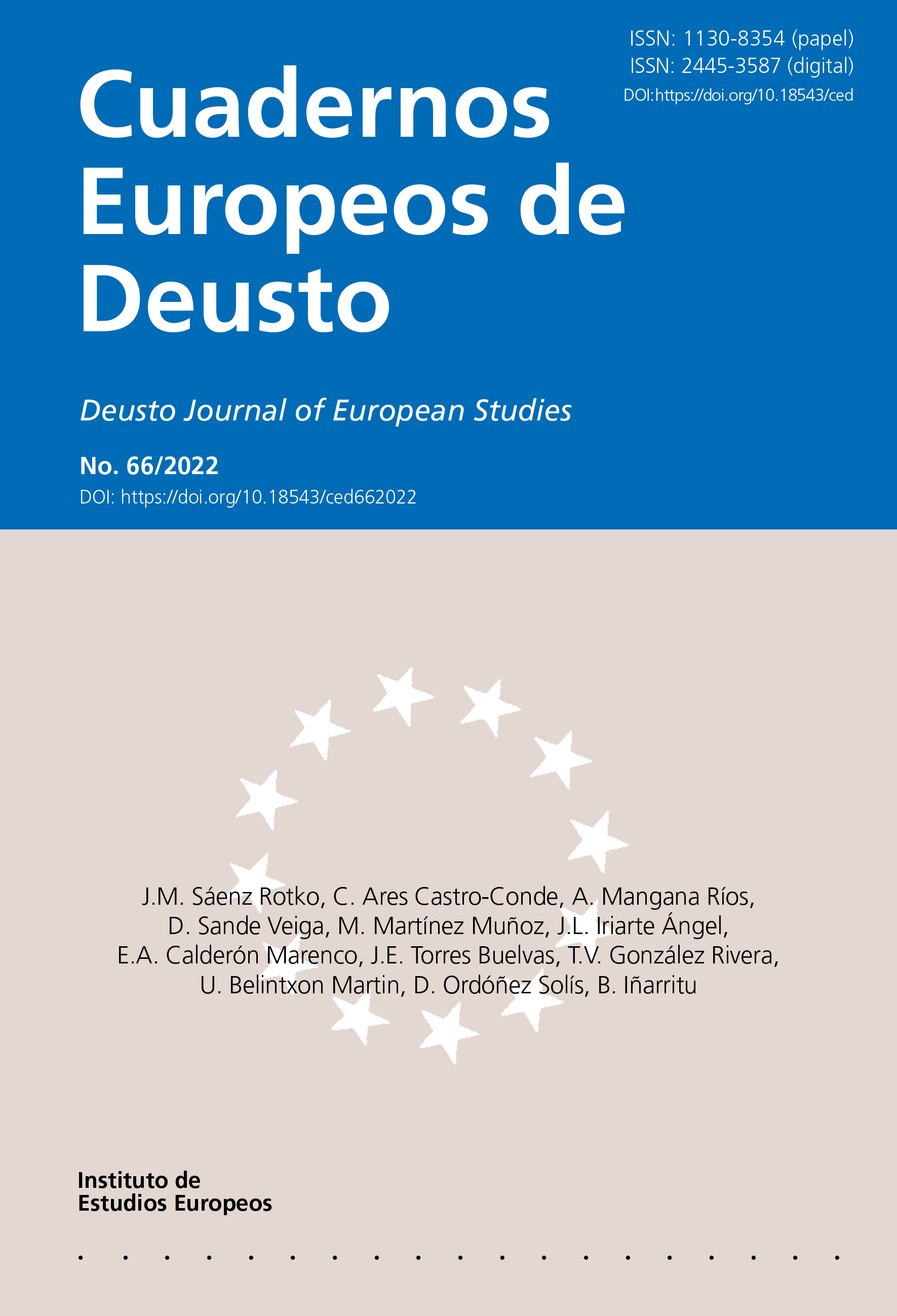Hispania Ante Portas: Change and Continuity of the Federal Republic of Germany’s Position towards Spain’s Accession to the European Communities (1977-1985)
Abstract
On the long and difficult road of negotiations towards the accession of Spain to the European Communities, Germany fulfilled a decisive role as a firm advocate of Spanish aspirations as well as a persistent facilitator of political agreements between member states that would allow finally the Iberian state to join the EC. This paper aims at detailing the motives of the German attitude, rooted in the definition of the European project as fundamental element of its national interest. Based on numerous, unedited archive material it will draw a detailed analytic description of the German position along the eight years of the negotiation process highlighting the elements of change and continuity which resulted not only from the evolution of Spain’s transition to democracy but also from changing leadership in Bonn and the dynamics and interests of member states. The activism of the Kohl-led government from 1983 onwards, both on bilateral level as well as multilateraly within the Council, will be particularly addressed as it contributed decisively to overcome multiple hurdles that threatened to significantly postpone the successful completion of the negotiations, even to make Spain’s European project fail.
Received: 22 July 2021
Accepted: 04 October 2021
Downloads
The author grants to the Publisher the distribution, public communication, and reproduction rights of her/his work subject of publication in Deusto Journal of European Studies (DJES), whichever the media may be, including the permission to include it in the databases where this Journal is indexed and in the institutional repository of the Universidad de Deusto.
Upon its publication, the content of any Issue of Deusto Journal of European Studies (DJES) can be accessed, read, downloaded, copies, and distributed freely for non-commercial purposes and in accordance with any applicable copyright legislation.
The content of Deusto Journal of European Studies (DJES) can be subsequently published in other media or journals, as long as the author clearly indicates in the first footnote that the work was published in Deusto Journal of European Studies (DJES) for the first time, indicating the Issue number, year, pages, and DOI (if applicable). Any other use of its content in any medium or format, now known or developed in the future, requires prior written permission of the copyright holder.
The content of the work published in Deusto Journal of European Studies (DJES) is each author's sole responsibility. The authors assume the responsibility of obtaining all the necessary licenses for the reproduction in their manuscripts of any text, material or illustration coming from another author, institution or publication. The liabilities that may arise from complaints for publishing plagiarised articles are the sole responsibility of the author.


3.jpg)
2.jpg)
2.jpg)
2.jpg)
2.jpg)
2.jpg)







